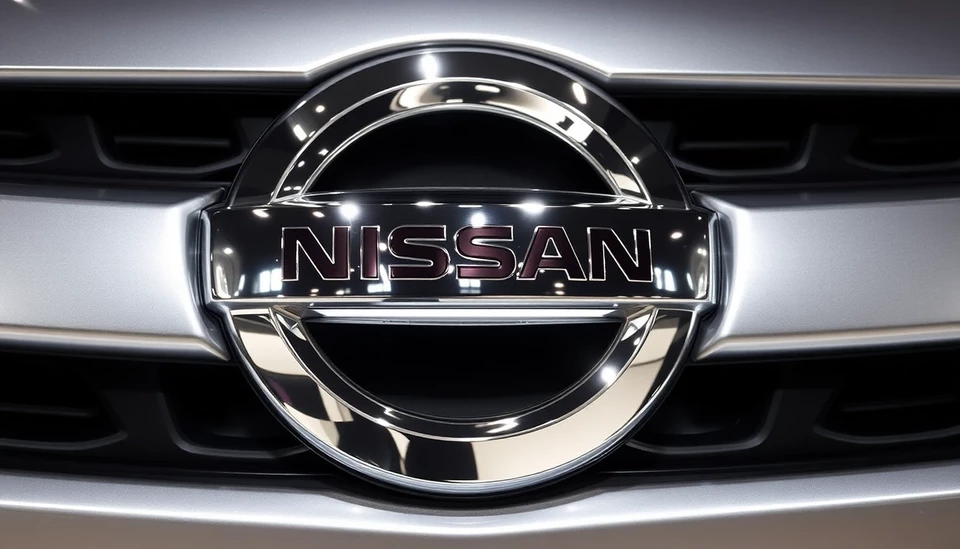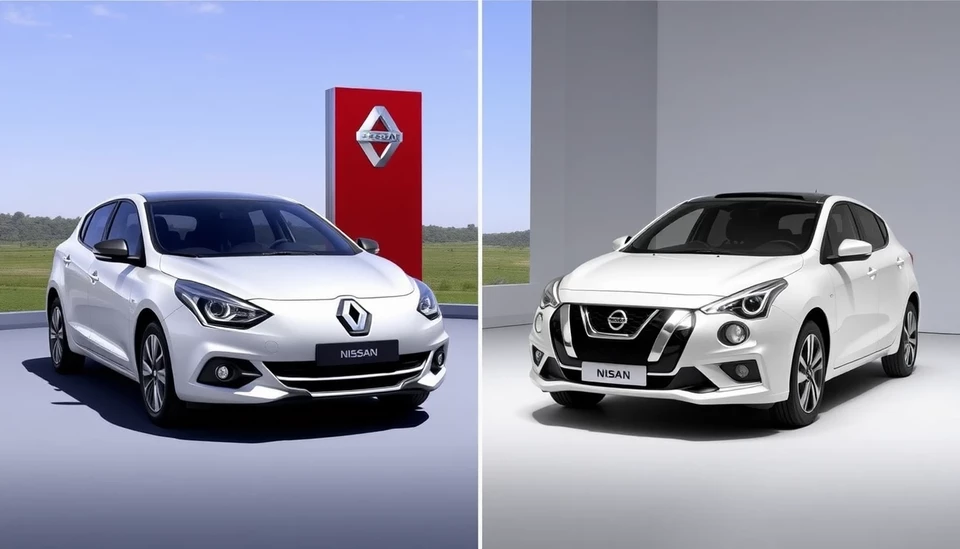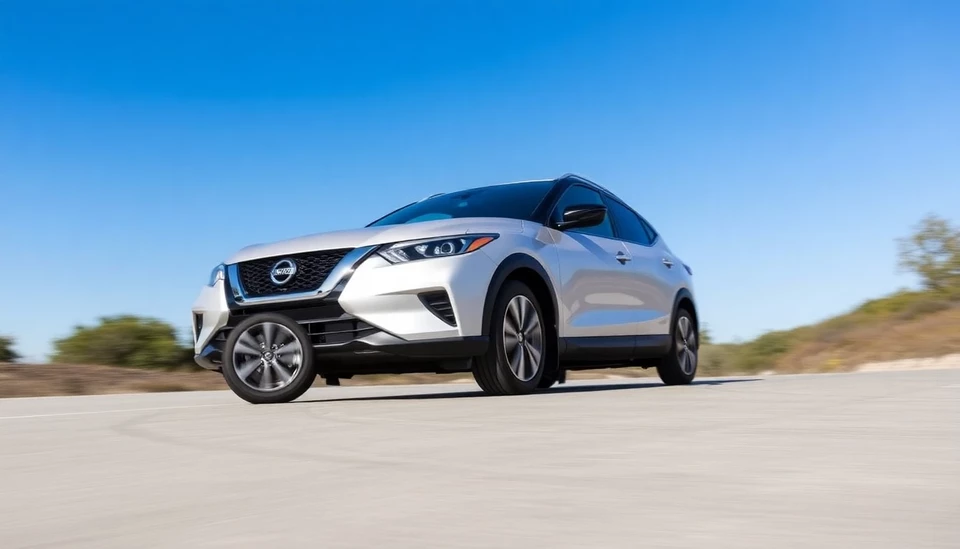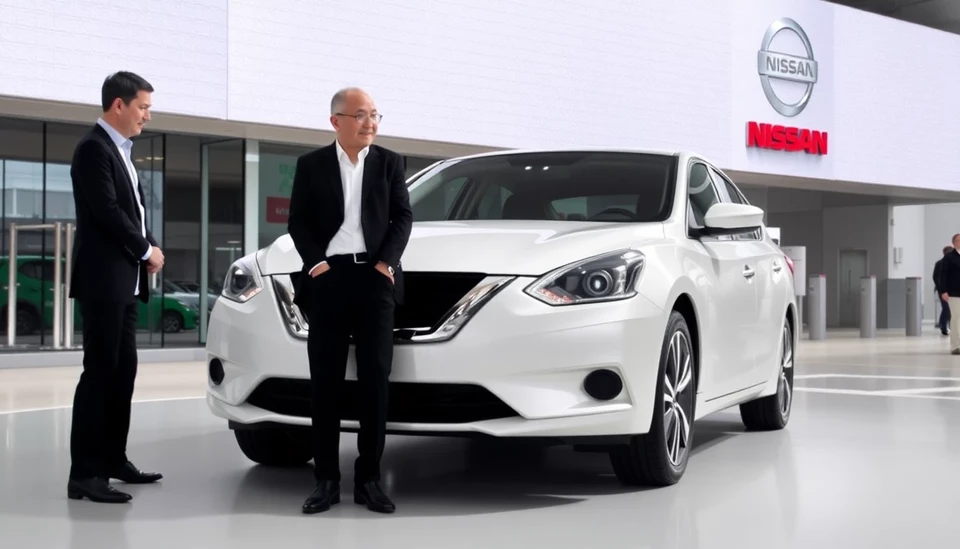
In a significant turn of events, Nissan's ambitions for a merger with Honda have crumbled, leaving the automaker at a crucial crossroads. The discussions aimed at consolidating resources and enhancing competitive edge came to an abrupt halt, raising questions about Nissan's strategic direction in an increasingly competitive automotive landscape.
The proposed merger was seen as a potential lifeline for Nissan, which has been grappling with a series of challenges, including declining sales and rising operational costs. Industry insiders viewed the collaboration as a way to pool technological innovations, streamline production, and ultimately improve profitability. However, the negotiations, which had been ongoing for several months, collapsed, driven by differences in corporate culture and strategic priorities between the two Japanese automotive giants.
Nissan has been under pressure in recent years, with its stock price suffering and market share diminishing in key regions, particularly in North America and Europe. The aftermath of the failed talks places even greater emphasis on Nissan’s leadership to reassess its business strategies and explore alternative options for growth. Analysts believe that the company must now focus on strengthening its existing operations while remaining competitive in the era of electric vehicles and autonomous technology.
Following the collapse of the merger discussions, Nissan's executives have emphasized their commitment to an independent strategy, particularly in expanding their electric vehicle lineup. CEO Makoto Uchida has previously outlined plans to launch new electric models and enhance battery technology, aiming to carve out a niche in the growing electric vehicle market. The company's renewed focus on electrification could be crucial as consumer preferences shift towards greener options.
The failure to merge with Honda also reignites speculation about Nissan's potential partnerships or alliances with other automakers. The automotive industry has seen a wave of consolidations and collaborations as companies seek to remain relevant amidst rapid technological advancements. However, as Nissan navigates its challenges post-merger failure, it must carefully consider which partners align with its vision and goals.
The implications of these recent developments are significant, not just for Nissan but for the broader Japanese automotive sector. Analysts suggest that the fallout could trigger a reevaluation of strategies among other auto manufacturers in Japan, as they assess the risks and rewards of pursuing mergers and partnerships in a landscape characterized by uncertainty and rapid change.
As Nissan endeavors to regain its footing, the automotive world will be watching closely. The company’s ability to adapt and innovate in response to market demands will be pivotal in determining its future trajectory, especially in a society increasingly leaning towards sustainability and technological advancement.
#Nissan #Honda #AutomotiveNews #ElectricVehicles #MergerTalks #StrategicPartnerships
Author: John Harris




